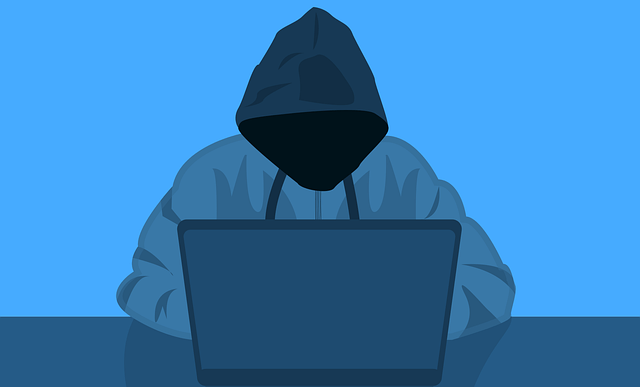How to Protect Yourself From Hackers

With the holiday season in full gear, cybercriminals will ramp up their attacks as there are more potential victims and transactions to target. Hackers operate anywhere they find opportunities for an attack. They target businesses and individuals with the aim of gaining unauthorized access to the victim’s system.
How Hackers Find Victims
If your computer is connected to the internet you are a potential target for cybercriminals who are constantly searching for systems to compromise. Even if your system is offline, it could be infected via USB devices.
Hackers gain access to victims’ computers through deceit and exploit of security vulnerabilities.
They typically use phishing scams such as spam emails and malicious websites to infect the victim’s system in order to install malware and steal personal data.
Staying Safe Online
1. Install Antivirus Software
Modern computer malware have several harmful features that can be used to infiltrate and control remote computers.
Antivirus software can help you protect your devices from malicious software by blocking them before they get into your system or disrupting their operations.
Advanced antivirus software uses multiple ways of detecting malware including checking their runtime behavior and blocking harmful processes. Without an antivirus on a computer, malware can stay hidden for a long time without the user knowing.
2. Use Firewalls
Leaving your computer connected to the internet without a firewall is an open invitation for hackers. A firewall can help block unauthorized access to your network. Operating systems usually come preinstalled with a firewall. Ensure that your computer and network firewalls are fully enabled and functional.
You may also install an advanced custom firewall solution to improve your network’s security.
3. Use Secure Passwords and Two-Factor Authentication
Simple passwords are easy to remember but they are also easy to crack by hackers.
Complex passwords should be used for all accounts. The passwords should be very long with combinations of characters including alphabet, numbers, and special characters.
Passwords should be changed in regular intervals and should never be reused for more than one account. This is to protect you in case one of your accounts gets compromised.
In addition, two-factor authentication should be activated for all accounts. This will prevent account takeover if your password gets stolen or cracked.
4. Regularly Update OS, Applications, and Browsers
As security holes are blocked, hackers research new means of getting past security tools and processes. Hence, system security could get old quickly.
You must keep your OS and Applications up-to-date to stay safe from hackers.
Browsers need special attention paid to their updates and security settings as they are a common way through which hackers compromise the victim’s system.
5. Install Anti-Spyware Tools
Spyware is designed to be stealthy and is hard to detect by regular antivirus. You need to install specialized anti-spyware software to quickly identify, block, and remove spyware from your devices.
6. Avoid Public free Wi-Fi
Public Wi-Fi is a convenient choice for people to easily connect but it is inherently insecure. A hacker can easily join such networks or create a fake access point in order to snoop on the internet traffic of unsuspecting victims for credentials and personal information.
If you must use public Wi-Fi, it should be combined with a secure VPN to protect your browser data and personal information.
7. Keep Your Devices Locked and Encrypted
Devices get lost or stolen every now and then. If they are not properly secured with strong lock and encryption, hackers can easily breach and extract sensitive information if they get their hands on it.
8. Scrutinize Links and Attachments
A lot of hacking attacks occur through malicious links that are delivered via email, SMS, or websites.
These links are carefully crafted by malicious actors so that visiting them can cause infection of the target system in order to directly steal personal information or install malware.
Also, email attachments can be faked to look like legitimate documents when they actually contain malicious code which would execute when opened.
9. Keep Sensitive Information on Devices you Own
A third-party provider should not be blindly trusted with sensitive business and personal information.
If you plan on storing sensitive information on infrastructures you don’t own, ensure they are securely encrypted first so they become useless to data thieves if there is a breach.
10. Turn off Features You Don’t Need
Some features on computers and mobile devices make them more vulnerable to hacking. Turn off Remote Desktop, Bluetooth, and GPS if they are not in use.
Keeping your system and mobile devices safe should be a top priority as the consequences of a hack can be devastating on an individual as well as business. By combining the tools recommended above and following security best practices you will keep your computer and network safe from hackers.
The post How to Protect Yourself From Hackers appeared first on SDTEK | San Diego, CA.


